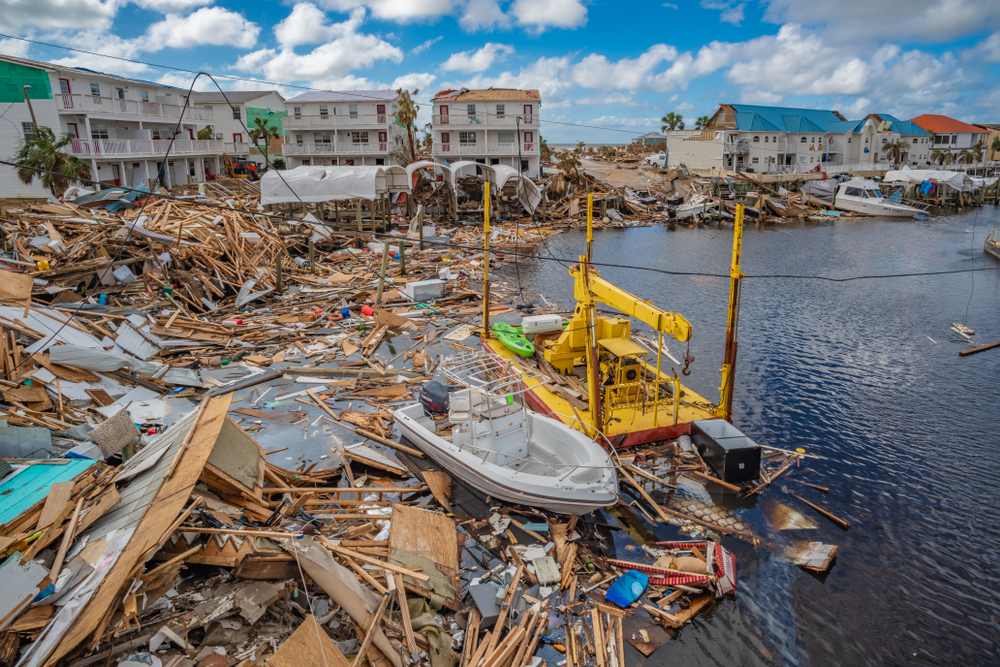What does 17th century piracy teach us about property insurance? Lots. Although “Sue and Labor” clauses were first used in the 1600’s to deal with the loss of ships to pirates, that language is still in use today, and it is just as valuable now as it was back then. Here, we address a classic snow removal case in New York, where tens of millions of dollars in snow removal costs were covered, despite the fact that there was no damage to property.
Watch the video to learn how avoiding pirates relates to railroad switching equipment.

Attorney Mark Miller
We have included a transcript of the video below:
Insurance Recovery Law: What 17th Century Piracy Teaches Us About Property Insurance
Big, big snowstorm. Biggest snowstorm hit New York that they had ever, ever seen. At least the people that were alive. Completely shuts down the infrastructure of New York. I’m going to date myself here, but that was 1986. It was called the Blizzard of ’86. Everything went to a standstill, and it was like no blizzard anybody had ever seen before.
Well, we were representing the transportation authority up there, and they had $40 million of loss just from a snowstorm. They said, “Can you look at this? We’re not sure what to do with it.” I look at them, I said, “We think it’s covered.” We had to go to a meeting with the insurance company adjusters, and we explained why it was covered. Here’s why it’s covered. Here’s why they said it wasn’t covered. “You didn’t have a lick of property damage. You know what? You had a bunch of snow on those tracks, and you cleared it off, and it cost you a lot of money, and you’re trying to bill us for that. Guess what? We don’t cover it, because we need physical property damage before we cover anything, and you can’t just clear things off and expect us to pay for it.”
Our response was, “Yeah, that’s a good point, but did you look at the sue and labor clause in the policy?” They’re like, “Oh, sue and labor? Okay. Fine.” What is sue and labor? Well, in the 1600s, when all these fancy sailing ships were sailing around, property insurance got its start because they need to insure the property that was on the ships. Here’s what was happening. The pirates were coming and taking the ships, and the people that were on the ships were like, “I’m out of here. I’m not fighting these pirates. I’m gone.” The insurance companies were saying, “We’ve got to stop these people from running and turning the ships over to the pirates.”
The insurance companies put in a clause into their policies in old England, in Lloyd’s of London, and this is where this clause came from. The language is still very similar to this day. They put in this clause. It says, “We will cover, we will pay for any activities where you sue and labor to protect the property.” I guess it’s Old English. People don’t know what sue and labor to protect property is. There’s a bunch of cases in England that explain it, and there’s a bunch of cases here that explain it, too, and go into it. It’s whenever you spend money to prevent the damage of property. You don’t have to have any damage happening. The pirates didn’t get there yet. They got their guns trained on the ship, but they haven’t come on yet. Any money you spend to stop them from getting on … You may hire a bunch of people to go out and fight them. You may spend money to go off your root to get out of their way. You may do all kinds of things, but whatever you spend to stop that damage to property is covered.
They’re all looking at us like, “What?” I’m like, “Yeah. That’s this. We cleared the snow off the tracks so it wouldn’t damage the switching equipment. Water kills these things. It got to such a level it had to be cleared off, and it had to be done immediately, and that’s why it cost $40 million.” They’re still looking at us funny. The bottom line was, we won. We prevailed on that argument.
The point is it’s not always what insurance companies say or think should be done. It’s what the law permits and allows, and it’s what you have to look at, or what you should look at when you’re taking a property damage claim into account.



